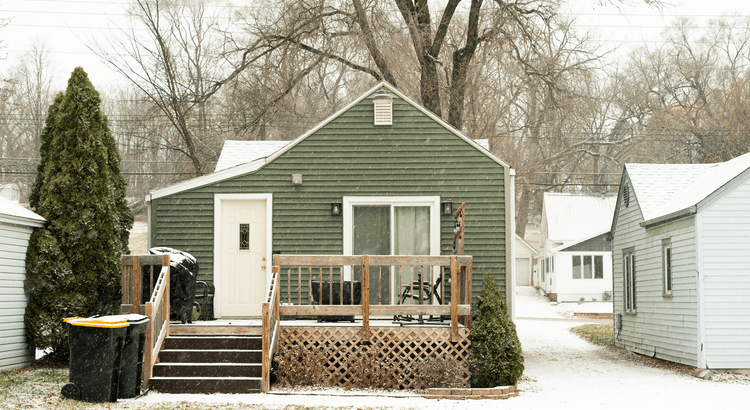How to Spot a Home Improvement Scam
Home owners looking to spruce up
their homes need to make sure they don’t get duped by those who claim to
be remodeling contractors.
How do you spot a scammer? Will Carpenter, assistant vice president of operations for Contractor Connection, recently offered the following tips in an article at RISMedia:
1. Pay up-front. Home owners should see red flags when a contractor requests that a home owner pay for a project in its entirety before even starting work. Down payments for materials and initial labor are standard practice. But then phased payments are often made as the work is completed.
3. Be wary of limited-time deals. Don’t let a contractor make you feel pressured to rush in order to receive a special discount. Reputable contractors offer savings but they won’t push a short deadline on you with pricing, Carpenter writes.
4. Unverified licensing. Be sure to verify credentials – licensing and available insurance coverage. Don’t just go on recommendations from friends and family. Look for examples of the quality of their prior work too.
Learn more at ContractorConnection.com.
Source: “Help Your Clients Recognize Home Improvement Scams,” RISMedia (Feb. 18, 2016)
How do you spot a scammer? Will Carpenter, assistant vice president of operations for Contractor Connection, recently offered the following tips in an article at RISMedia:
1. Pay up-front. Home owners should see red flags when a contractor requests that a home owner pay for a project in its entirety before even starting work. Down payments for materials and initial labor are standard practice. But then phased payments are often made as the work is completed.
Read more: Which Renovations Are and Aren't DIY2. Door-to-door solicitations. So-called contractors may knock on a home owner’s door and talk about work they noticed needs to be done around the house. “This is a very common ruse and one that is, unfortunately, often successful,” Carpenter notes. Home owners will want to make sure they vet the contractor and the offer carefully.
3. Be wary of limited-time deals. Don’t let a contractor make you feel pressured to rush in order to receive a special discount. Reputable contractors offer savings but they won’t push a short deadline on you with pricing, Carpenter writes.
4. Unverified licensing. Be sure to verify credentials – licensing and available insurance coverage. Don’t just go on recommendations from friends and family. Look for examples of the quality of their prior work too.
Learn more at ContractorConnection.com.
Source: “Help Your Clients Recognize Home Improvement Scams,” RISMedia (Feb. 18, 2016)


No comments:
Post a Comment